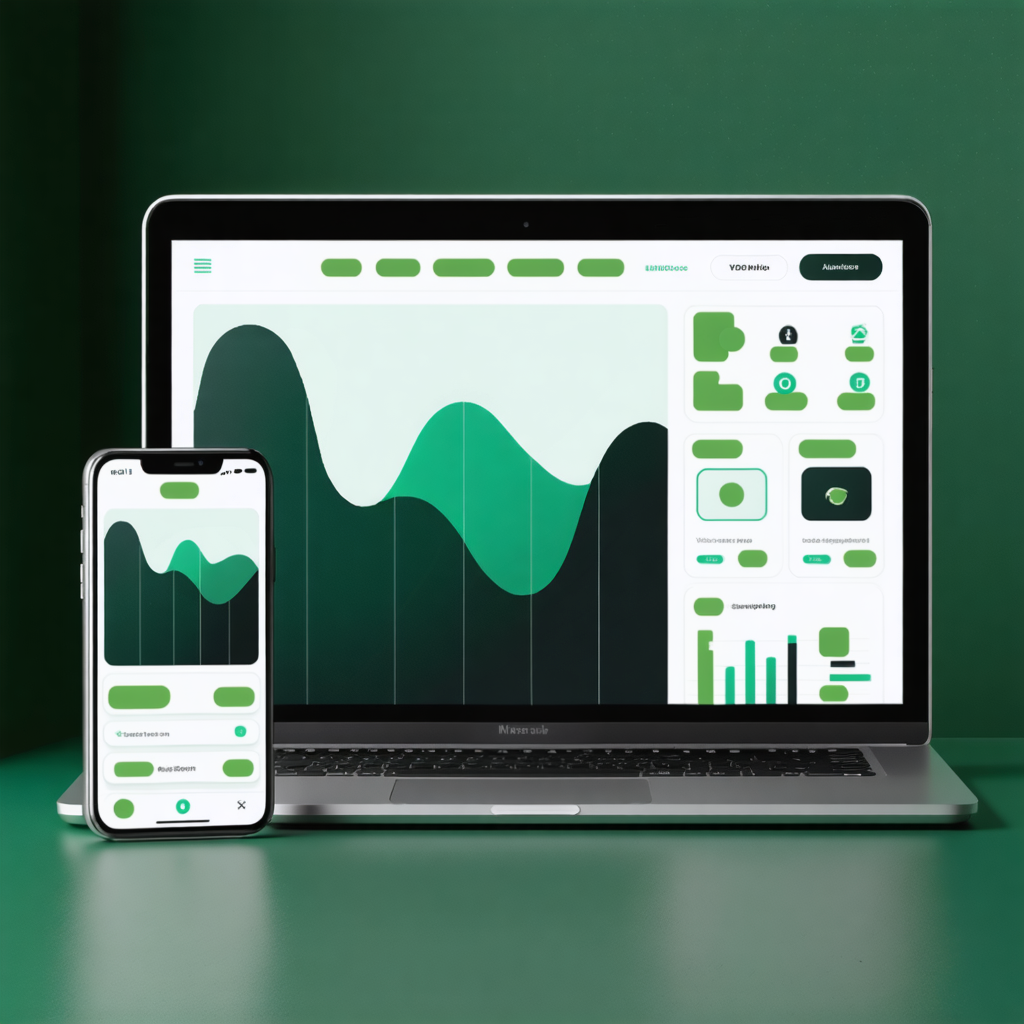Picture this: You’ve worked hard on a blog, maybe about “Best Cafes Near Campus” or “Top Study Hacks Before Exams.” You publish it, share it on WhatsApp, and wait. A few likes come in. Then silence. You Google your blog title, and guess what? Page 10. Basically, invisible.
Frustrating, right?
Here’s the truth—on Google, the second page is like the college library’s basement. Nobody goes there. If you want your content to shine, if you want people to actually see it, you need to master one skill: SEO (Search Engine Optimization).
Don’t panic at the jargon. In this blog, I’ll explain SEO in the simplest way possible—like explaining cricket to someone who’s never held a bat. By the end, you’ll know what SEO is, why it matters, and how you as a student or young professional can use it to rank higher on Google.
What Exactly is SEO?
Imagine you’re at a crowded college fest. Everyone’s shouting for attention—dance club, music club, debate society. But one stall has the brightest lights, catchy music, and free chocolate samples. Naturally, you go there first.
That’s SEO.
It’s about making your website or content more attractive to Google, so when someone searches, your page shows up first. More visibility = more clicks = more chances to build a career, grow a business, or even become the next blogging star.

Why Should Students Care About SEO?
Let me be blunt. Whether you’re preparing for placements, freelancing, or dreaming of your startup, visibility is everything. You could be the most talented person in your class, but if nobody knows about it, it doesn’t matter. SEO gives you visibility—on Google, the world’s busiest marketplace.
Career boost: SEO jobs are everywhere.
Freelance gigs: Small businesses need SEO help.
Personal brand: Your blog, YouTube channel, or portfolio can reach thousands.
Entrepreneurship: Running your own online store? SEO is free advertising.
So yes, even if you don’t plan to be a “digital marketer,” SEO is one skill that makes you future-proof.
The Core Pillars of SEO
SEO may sound complicated, but it rests on three main pillars. Think of them like your three closest college buddies—you need all of them for success.
1. On-Page SEO – Dressing Up Your Content
On-page SEO is like dressing well for an interview. You may know everything, but presentation matters.
It’s about optimizing the actual content on your site:
Keywords: The words people type on Google. (E.g., instead of writing “study joints,” use “best cafes near Delhi University.”)
Headings: Use proper titles (H1, H2, H3) so Google knows what’s important.
Meta description: A short intro that appears on search results. Make it catchy.
Internal linking: Link to other useful pages on your website.
Images: Use alt-text (descriptions) so Google understands them.
Student Tip: Start a blog and practice. Pick topics like “Top 5 Cafes Near [Your College]” and see how small changes in keywords affect search visibility.
2. Off-Page SEO – Making Friends Online
In college, your reputation doesn’t just depend on your grades. It depends on who you hang out with, which events you join, and how others talk about you. That’s off-page SEO.
It’s about building your website’s reputation outside of itself:
Backlinks: Other sites linking to yours. The more credible friends you have, the cooler you look to Google.
Guest blogging: Write for other blogs, and link back to yours.
Social signals: Shares, likes, and mentions on social media.
Student Tip: Collaborate with friends. Write for each other’s blogs or get your article featured in your college newsletter website.
3. Technical SEO – Behind-the-Scenes Work
You may have a great personality, but if you never attend class on time, professors won’t like you. Technical SEO is about making your site functional and reliable.
Key areas include:
Website speed: Nobody waits for a slow page.
Mobile-friendly design: Most people search on phones.
Secure site (HTTPS): Google trusts secure websites more.
Crawlability: Google bots should be able to read your site easily.
Student Tip: Use free tools like Google PageSpeed Insights or SEMrush to test your blog or project site.

How Students Can Start Practicing SEO Today
Let’s make it super practical:
Create a blog or website – Use free platforms like WordPress or Blogger.
Do keyword research – Use tools like Ubersuggest, Google Keyword Planner, or even just Google auto-suggest.
Write blogs consistently – Focus on topics students actually search for (exam hacks, cheapest food joints, best laptops for college).
Track performance – Use Google Analytics and Search Console to see what’s working.
Experiment – Change a headline, add keywords, or speed up your page. Watch the difference.
Common SEO Myths Students Should Ignore
Myth 1: SEO is only for techies.
Truth: If you can write and use Google, you can learn SEO.Myth 2: It’s all about keywords.
Truth: Google is smarter than that. Quality content matters more.Myth 3: SEO is instant.
Truth: Nope. It’s slow but steady. Like preparing for finals—it pays off later.
SEO Tools Students Can Use for Free
Good news—you don’t need expensive software to start. Here are some free (and beginner-friendly) tools:
Google Keyword Planner – For keyword research.
Ubersuggest – Free SEO insights.
Yoast SEO (WordPress plugin) – Helps optimize blogs.
Google Analytics – Tracks visitors and behavior.
Google Search Console – Monitors site performance.

How SEO Can Shape Your Career
Let’s connect the dots. Imagine you’re great at SEO. What can you do with it?
Land jobs: SEO Executive, Digital Marketing Specialist, Content Strategist.
Freelance: Charge clients for improving their website visibility.
Build your brand: Your blog or channel grows organically.
Start your own business: Save on marketing costs and beat competitors.
At Jaks Digimark Academy, we’ve seen students start with zero knowledge and within months, they’re ranking blogs, managing client websites, and even earning side income.
Final Thoughts: SEO is Like Fitness
Here’s the best way to think about SEO—it’s like going to the gym.
One day of exercise won’t show results.
Consistency builds strength.
The earlier you start, the better your long-term gains.
For students, SEO is more than just a career skill. It’s a mindset—about patience, consistency, and playing the long game.
So, stop just Googling answers. Learn how to make Google show your answers.
If you’re ready to take SEO seriously, join us at Jaks Digimark Academy, where we turn students into digital professionals with hands-on training, live projects, and mentorship.
Remember: On the internet, visibility is victory. And SEO is your ticket to being seen.

